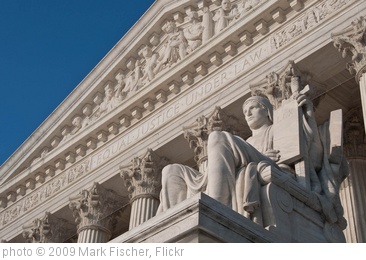The Supreme Court's decision yesterday on health care reform launched a tidal wave of commentary and opinion that captivated, if only momentarily, discourse among even casual observers of American politics. The ruling was expected to be momentous, but the surprise twist of Chief Justice Roberts acting as the deciding vote busted up everyone's expectations and sent the conversation spinning.
Login to read more
Sign in or create a free account to access Subscriber-only content.
